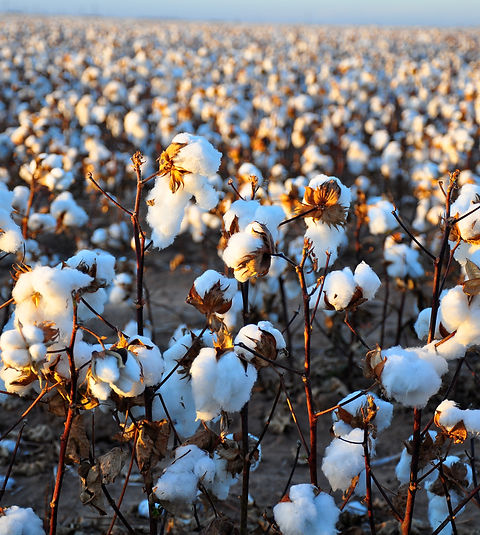Freedom in Chains
Sharecropping
Slavery had massive impacts on Southern lifestyles. Before the Civil War, half of all capital investment in the South (the five cotton states) was in human beings. Slaves determined one's wealth and place in society. However, after the war, all of that was questioned. The war destroyed the South, the once rich plantation owners had no land, and the lucky plantation owners who did, had no one to work it. Whites saw slavery as two things, racial subordination and a way to extract the most labor for the cheapest price (Slavery By Another Name). To rehabilitate the south to its former strength, Southern legislatures devised a way to have both without technically owning slaves. Thus, Sharecropping was born. The deal was for the white plantation owner, who, due to the war, had no money, to “share” their crop with African Americans in exchange for labor on their plantations. The black men and women had nowhere else to work due to their lack of skills and the vagrancy statutes put in place by the Black Codes, therefore making sharecropping an inevitable fate for the newly freed African Americans.
However, the sharecropping system was unfair. Usually, the plantation owners sold the sharecroppers tools and seeds to till the land, he then charged the sharecropper rent to live on his property, and to support his family, the sharecropper would purchase other necessities from the plantation owner’s store. Often times, the sharecropper did not have enough money to pay back the plantation owner, so he would have to take a loan from him (Perritano 10,11). This put the sharecropper in an endless cycle of debt to the owner of the plantation. These loans were virtually impossible to pay off. The owner of the plantation would take out of the sharecroppers pay (in crop). The slave would give all of his share of the crop to the plantation owner (who had done no work) to pay off his debt. Therefore, the plantation owner would still reap all the benefits of slavery, without being responsible for taking care of the slaves food. Sharecropping left slaves trapped in the hands of white men, leaving no progress from before the Civil War. It was also argued that slaves had a better life when in the hands of slavery. They were given clothes and food and were never in debt to the plantation owner. This thought only strengthened the South’s belief that slavery was necessary for the country.

Here are some sharecroppers
